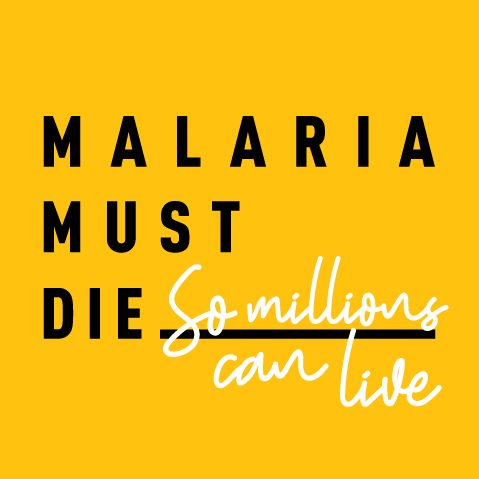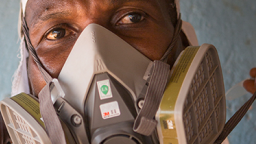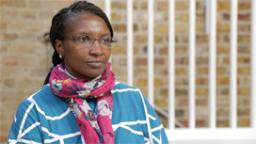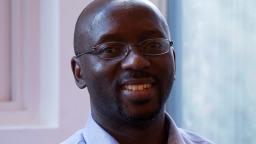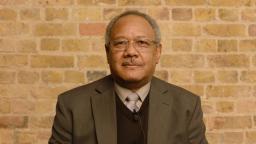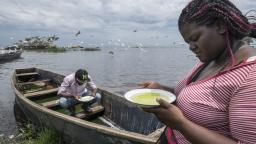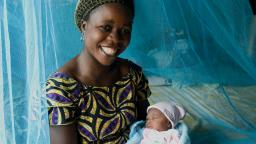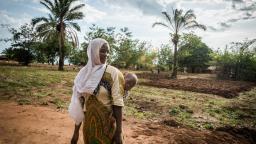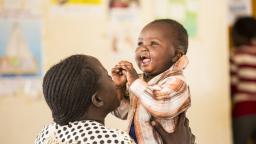Nigeria has more cases and deaths from Malaria than any other country in the world. But in remote villages, training members of the community to deliver essential healthcare is beginning to save lives.
Nigeria has more cases and deaths from Malaria than any other country in the world. It’s entire 177 million population is at risk from the disease. But in remote villages, training members of the community to deliver essential healthcare is beginning to save lives.
In the village of Njediko in Nigeria, Kadigiti Mohammad gently calms her young son, who has a high fever. He is being seen by the village community health worker, who confirms it is malaria. The boy is given medicine before mother and child are sent back home.
A MOTHER'S RELIEF
Receiving immediate care is transformational for mothers like Kadigiti, and the communities they live in.

The RAcE programme trains health workers who can treat malaria, pneumonia, diarrhoea and malnutrition among children right in their communities. It was launched in 2013 to reach some of the country’s hardest-to-reach places.
BRINGING HEALTHCARE TO REMOTE COMMUNITIES
In many remote communities in rural Nigeria, healthcare is hard to access, as the health centres are far away. For example, the journey into the community of Etsu Gudu involves a two-hour drive from the capital of Niger State. The roads are mostly rough and occasionally blocked by small rivers. Another hour travelling along narrow dirt roads leads into the communities. Come nightfall, the roads are pitch black.
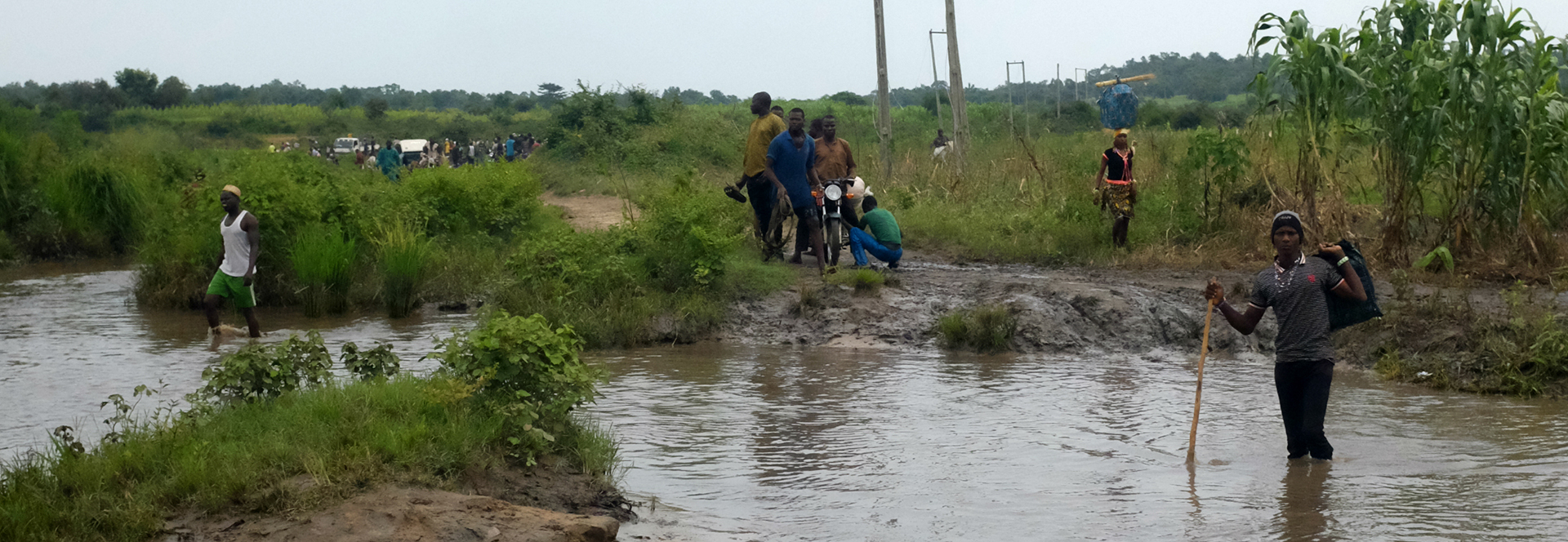
Mothers from remote communities where there is no medical care available will carry their sick child, often on foot, for miles to the closest healthcare centre. Sometimes this takes days. During the rainy months, the roads and paths can become impassable.
And upon reaching the health centre, they may even find that the medicines they desperately need aren’t available.
But this situation can change when community care is introduced. Today in Etsu Gudu, mothers like Kadigiti no longer need to travel far. Instead, they can immediately get help for their sick child, right in their village.
A COMMUNITY'S PRIDE AND APPRECIATION
Village leaders and parents talk with pride about their community health workers. How they help improve the health of their children. How the villages no longer face expensive healthcare or long journeys for simple treatments.
Across the community, this appreciation is shown in many different ways.
When I am treating children all day, the people bring me firewood and help me with the farming
– Miriam, community health worker
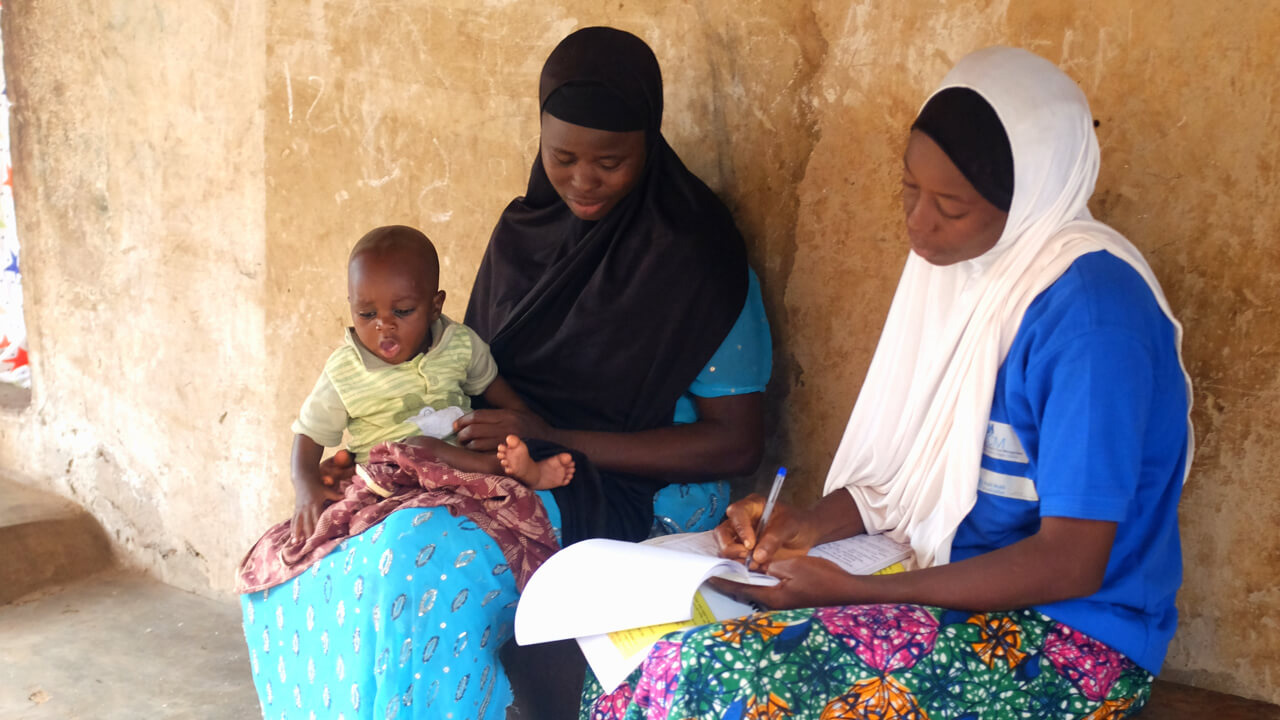
The community raised money collectively to build me a house, so I can continue doing my work
– Muhammed Jiya, community health worker
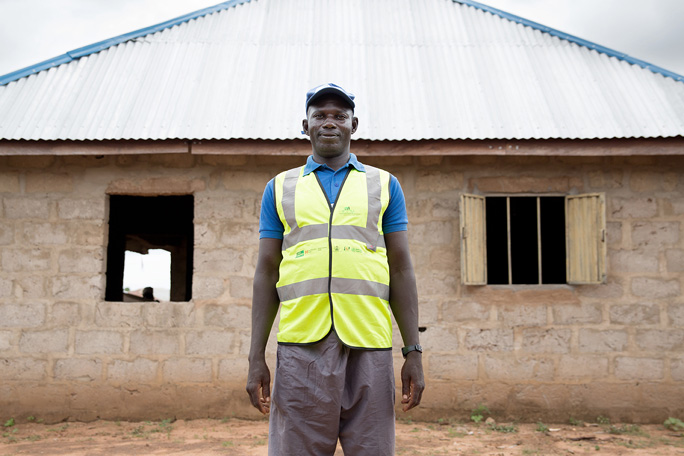
In Niger state, results from this programme show how this approach – known as integrated Community Case Management (iCCM) – is an effective and sustainable approach to saving children’s lives.
At its core, It’s about communities owning their health, leaders advocating for the health of their people, and local people coming together to sustain the health services they now have.
This pioneering approach in Nigeria is an essential part of the global effort to take on malaria and save millions of lives.
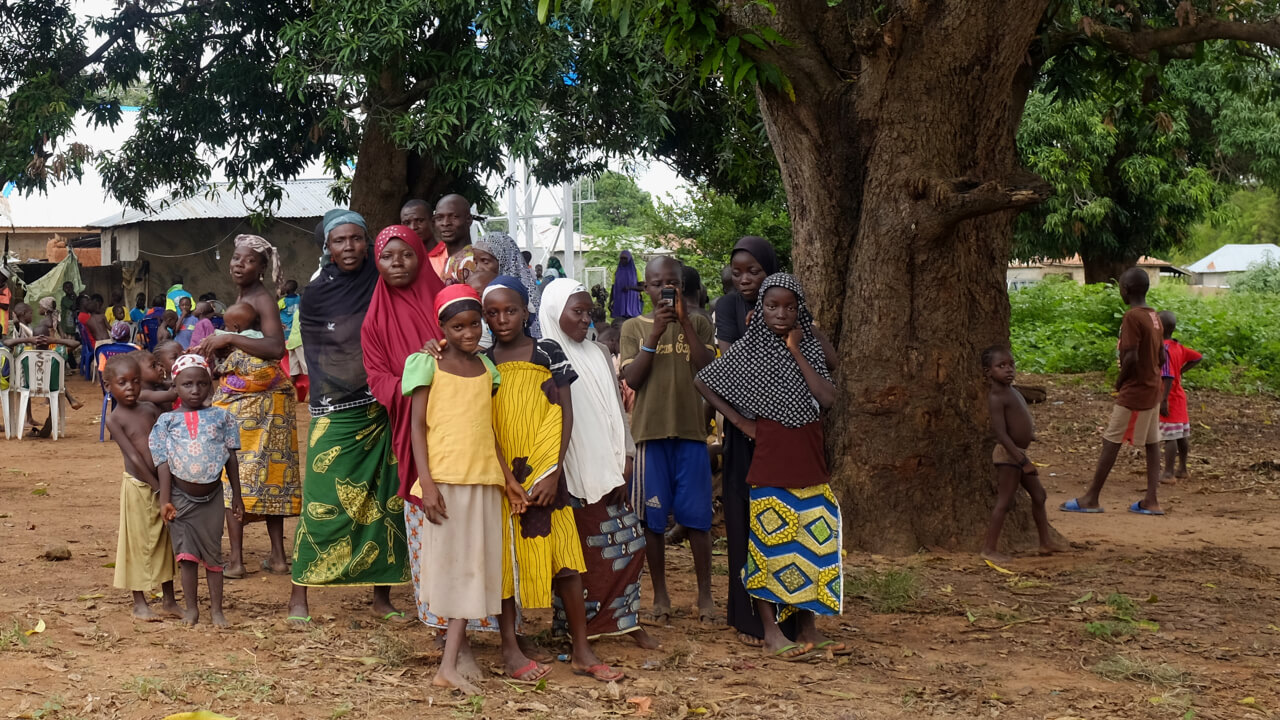
More deaths from Malaria occur in Nigeria than anywhere else in the world. So millions more can live, share and declare #MALARIAMUSTDIE.
